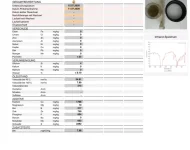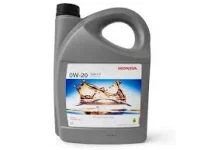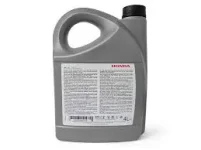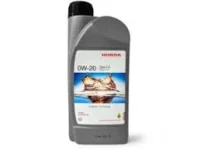If that air intake changes the fuel trim that much you will have other issues. Besides, don’t you have a mass air flow sensor after the filter?I never said oil would fix the dilution .I said the air intake would .It changes the fuel trims which will prevent how much fuel gets injected into cylinder,and how much correction the engine has to make to have a perfect A/F mixture.Which also changes how much fuel that gets pass the cylinders and into the oil.It will always have some fuel dillution since its DI but 4% is too much since most others with the same engine have less then 0.5%.
I changed the oil because i didn't want to buy the expensive oem honda oil.So i switched to something which was cheaper and easy to get by and equally good .
Excessive fuel dilution like this is caused by a mechanical or design defect.




